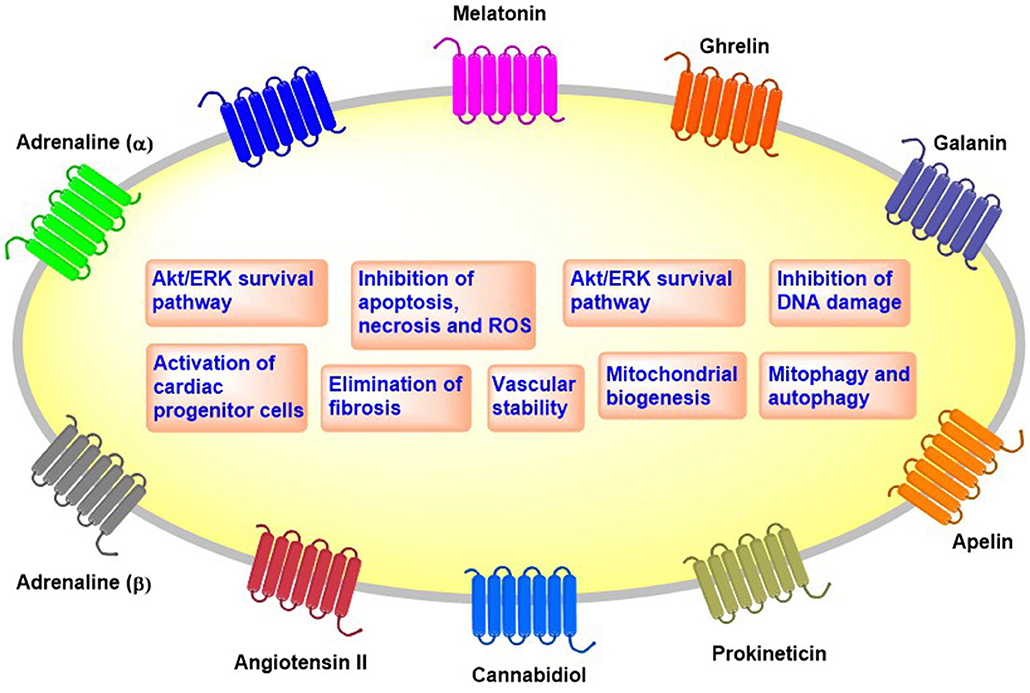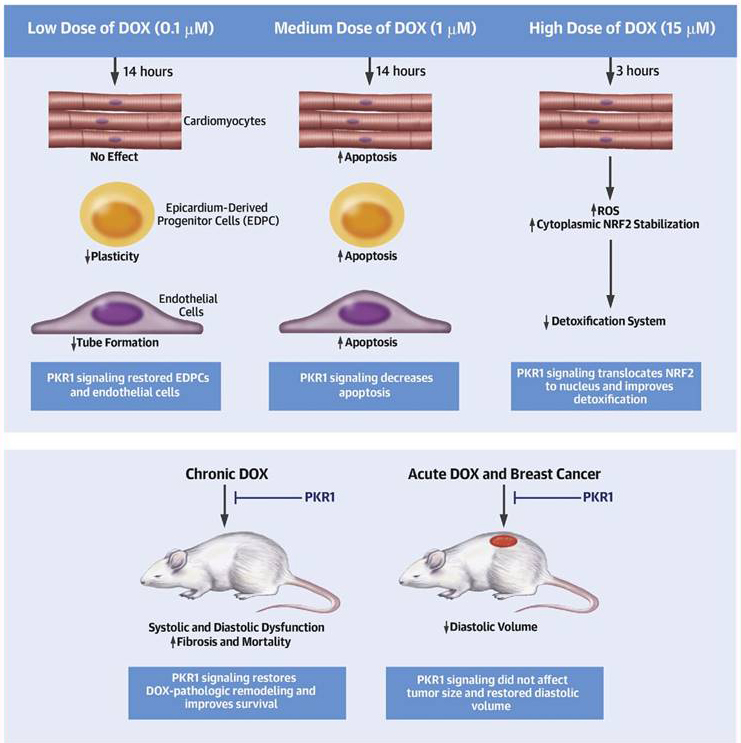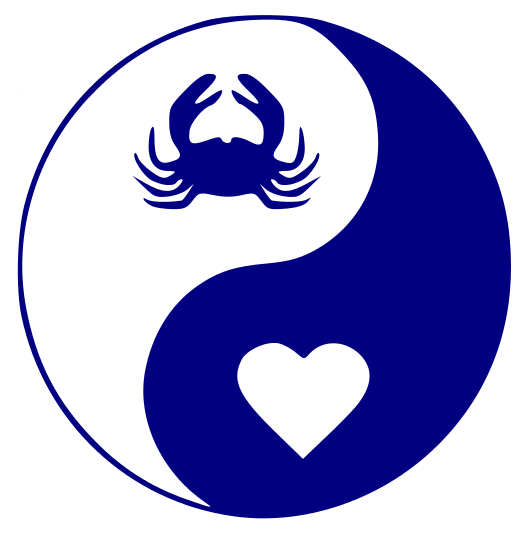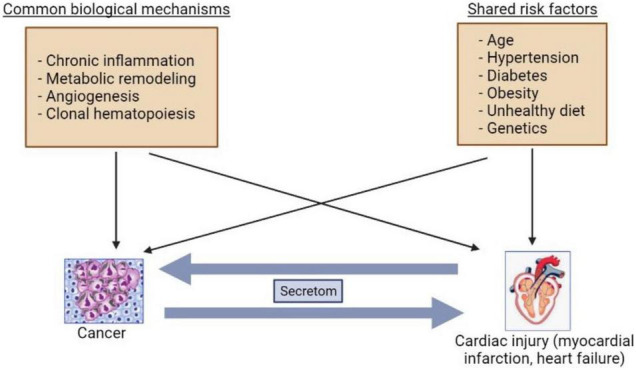Evidence for reciprocal network interactions between injured hearts and cancer. Guler MN, Tscheiller NM, Sabater-Molina M, Gimeno JR, Nebigil CG. Front. Cardiovasc. Med. 9: 929259 (2022).
Updates on anticancer therapy-mediated vascular toxicity and new horizons in therapeutic strategies. Hsu P.Y., Mammadova A., Benkirane-Jessel N., Désaubry L., Nebigil C.G. Front. Cardiovasc. Med. 8: 694711 (2021).
 Targeting GPCRs against cardiotoxicity induced by anticancer treatments. Audebrand A., Désaubry L., Nebigil C.G. Front. Cardiovasc. Med. 6: 194. (2020).
Targeting GPCRs against cardiotoxicity induced by anticancer treatments. Audebrand A., Désaubry L., Nebigil C.G. Front. Cardiovasc. Med. 6: 194. (2020).
 Prokineticin receptor-1 signaling inhibits dose- and time-dependent anthracycline-induced cardiovascular toxicity via myocardial and vascular protection. Gasser A., Chen Y-W., Audebrand A., Daglayan A., Charavin M., Escoubet B., Karpov P., Tetko I., Chan MWY., Cardinale D., Désaubry L., Nebigil CG. . JACC CardioOncology 1: 84-102 (2019).
Prokineticin receptor-1 signaling inhibits dose- and time-dependent anthracycline-induced cardiovascular toxicity via myocardial and vascular protection. Gasser A., Chen Y-W., Audebrand A., Daglayan A., Charavin M., Escoubet B., Karpov P., Tetko I., Chan MWY., Cardinale D., Désaubry L., Nebigil CG. . JACC CardioOncology 1: 84-102 (2019).
 Updates in Anthracycline-Mediated Cardiotoxicity. Nebigil C.G., Désaubry L. Front. Pharmacol. 9: 1262 (2018).
Updates in Anthracycline-Mediated Cardiotoxicity. Nebigil C.G., Désaubry L. Front. Pharmacol. 9: 1262 (2018).
Emergence of cardio-oncology. Nebigil C.G., Désaubry L. Ann Pharm Fr. 76: 504-506 (2018).
 Quo vadis, cardio-oncology? Nebigil C.G., Tounsi N., Fuhrmann G., Désaubry L. Adv. Oncol. Res.Treatments. 1: 102-103 (2016).
Quo vadis, cardio-oncology? Nebigil C.G., Tounsi N., Fuhrmann G., Désaubry L. Adv. Oncol. Res.Treatments. 1: 102-103 (2016).
FL3, a synthetic flavagline and ligand of prohibitins, protects cardiomyocytes via STAT3 from doxorubicin toxicity. Qureshi R., Yildirim O.,Gasser A., Basmadjian C., Zhao Q., Wilmet J-P., Désaubry L., Nebigil C.G. Plos One. 10: e0141826 (2015).
 Flavaglines as Potent Anticancer and Cytoprotective Agents. Ribeiro N, Thuaud F, Bernard Y, Gaiddon C, Cresteil T, Hild A, Hirsch EC, Michel PP, Nebigil CG, Désaubry L. J. Med. Chem. 55: 10064–10073 (2012).
Flavaglines as Potent Anticancer and Cytoprotective Agents. Ribeiro N, Thuaud F, Bernard Y, Gaiddon C, Cresteil T, Hild A, Hirsch EC, Michel PP, Nebigil CG, Désaubry L. J. Med. Chem. 55: 10064–10073 (2012).

Flavaglines Alleviate Doxorubicin Cardiotoxicity: Implication of Hsp27. Bernard Y., Ribeiro N., Thuaud F., Türkeri G., Dirr R, Boulberdaa M., Nebigil C., Désaubry L. Plos One 6: e25302, (2011).


